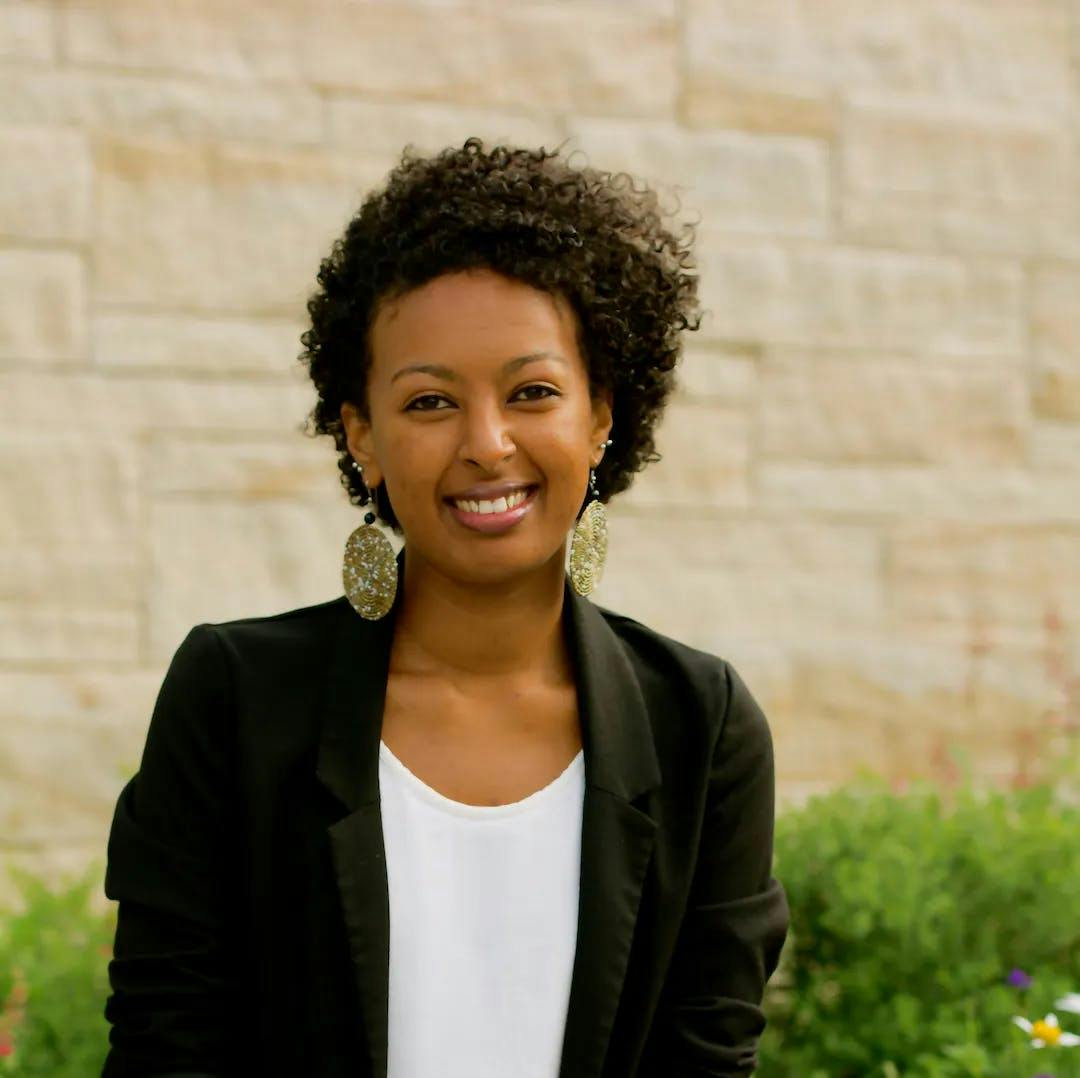Rooted Revolutions: Innovating for Africa's Future
“We… don’t have African Universities. We have universities in Africa.” - Sabelo J. Ndlovu-Gatsheni
This statement is an extension of a well-established body of literature that challenges the use of Western models to design African education systems. The root of its message is that educational challenges are most effectively addressed when they are approached and understood within context. For Africa specifically, this highlights that imposing Western models (“universities in Africa”) only perpetuates the deficit perspectives of Africans—which are rooted in the legacy of colonialism—and simply does not work.
This quote kept surfacing for me of late as I engaged in conversations about education innovation for Africa. For instance, education all over the world is increasingly incorporating Artificial Intelligence (AI) applications, often relying on technology from major companies like Google, Microsoft, IBM, Amazon Web Services, Meta Platforms, and OpenAI. The catch is that all of these technology giants are US-based. Despite the emergence of AI developers worldwide, educational technology products are still largely driven by North American or European initiatives. It's crucial to consider whether these innovations address the unique challenges faced by African education systems, rather than simply adapting existing solutions with things like multilingual support and curriculum alignment (which are necessary but insufficient measures). True innovation requires creating new solutions tailored to Africa's specific needs and circumstances.
A Solution for Africa vs. An African Solution
Over the past few decades, many African nations have been actively working to decolonize their education systems. This involves challenging the dominance of European-centered knowledge systems, values, and ways of thinking that have historically served as a foundation for education systems in Africa. These European-centered systems include historical narratives that focus on European history and colonial achievements, as well as scientific theories that neglect indigenous African knowledge. As part of the decolonization effort, there is a growing recognition of the importance of acknowledging and incorporating diverse knowledge systems and cultural perspectives into educational frameworks and curricula.
Take my example about AI: colonial legacies persist in AI, with global power imbalances manifesting in subtle yet still harmful ways compared to the historical dominance of European systems. From algorithmic discrimination (racism being baked into the AI) to ghost work (exploiting the relative lack of power of vulnerable communities—often in low-income countries—to hire workers to conduct monotonous labor for low wages), the power asymmetry between the higher-income countries (“colonizer”) and lower income ones (the “colonized”) remains apparent. In fact, scholars have even called for a “decolonial AI.” This entails a participatory approach to machine learning, where individuals from target marginalized communities are actively involved in the process of designing, developing, and deploying machine learning models to ensure that the outcomes are more relevant and aligned with their needs and values. Africa is now home to a growing number of AI developers and organizations that are making significant contributions to the field (e.g., Data Science Nigeria, Deep Learning Indaba, InstaDeep)—a sort of rooted revolution towards homegrown innovations.
Today, many African education sectors are themselves inventing solutions and models specifically designed with Africans in mind, with a recent emphasis on considering the behavioral repertoire of African educators in developing these educational innovations. Recently, I had the honor of attending the EdTech Connect Conference in Kigali, Rwanda (a convening for and by African innovators, funded by The Mastercard Foundation Centre for Innovative Teaching and Learning (“CITL”)). The conference was the culmination of CITL’s efforts to unite innovation hubs, EdTech entrepreneurs, policymakers, researchers, and educators.
CITL’s primary goal is to identify Africans with the most impactful uses of technology in education and help them scale their solution across the African continent. The EdTech sector is one of the most dynamic areas showcasing Africa's shift towards homegrown education solutions, and the EdTech Connect Conference serves as the premier platform for highlighting not only the most promising innovations by Africans for Africans but the collaborative ways in which African nations are engaging in this work. We can all gain valuable insights from these groundbreaking African EdTech vendors driving this movement.
About the Author
Dr. Maraki Kebede
Maraki is a Project Leader at The Decision Lab. Her research focuses on social and spatial equity in education globally, and has been featured in peer-reviewed journals, edited volumes, and international conferences. Maraki has worked with several international organizations to craft pathways to empower underserved school-aged children and youth in Africa, including UNESCO, the World Bank, the Institute of International Education, and Geneva Global Inc.
About us
We are the leading applied research & innovation consultancy
Our insights are leveraged by the most ambitious organizations
“
I was blown away with their application and translation of behavioral science into practice. They took a very complex ecosystem and created a series of interventions using an innovative mix of the latest research and creative client co-creation. I was so impressed at the final product they created, which was hugely comprehensive despite the large scope of the client being of the world's most far-reaching and best known consumer brands. I'm excited to see what we can create together in the future.
Heather McKee
BEHAVIORAL SCIENTIST
GLOBAL COFFEEHOUSE CHAIN PROJECT
OUR CLIENT SUCCESS
$0M
Annual Revenue Increase
By launching a behavioral science practice at the core of the organization, we helped one of the largest insurers in North America realize $30M increase in annual revenue.
0%
Increase in Monthly Users
By redesigning North America's first national digital platform for mental health, we achieved a 52% lift in monthly users and an 83% improvement on clinical assessment.
0%
Reduction In Design Time
By designing a new process and getting buy-in from the C-Suite team, we helped one of the largest smartphone manufacturers in the world reduce software design time by 75%.
0%
Reduction in Client Drop-Off
By implementing targeted nudges based on proactive interventions, we reduced drop-off rates for 450,000 clients belonging to USA's oldest debt consolidation organizations by 46%




















